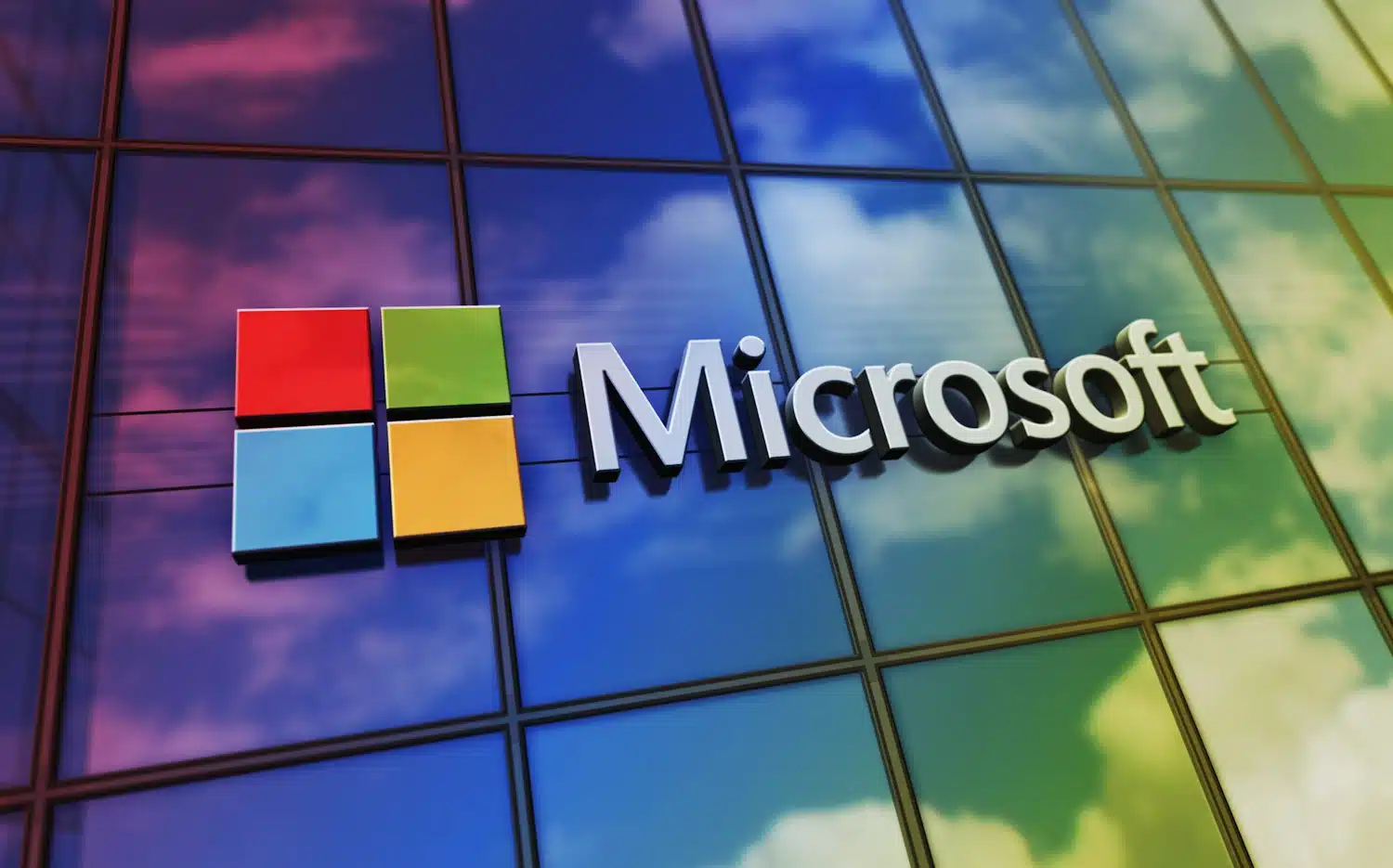The latest version of Windows, Windows 11, has received criticism for being less customizable out of the box compared to previous versions. As a result, many users are turning to third-party tweaking and customization tools to make Windows 11 resemble Windows 10. However, Microsoft is not happy about this trend and has taken steps to block several utilities, including StartAllBack and ExplorerPatcher, with the release of Windows 11 version 24H2. Microsoft has cited security and stability concerns as the reasons for these blocks, but there has been speculation that the company’s true motive may be to prevent users from customizing Windows 11 to their liking.
Consequently, software developers and users alike have expressed frustration with these restrictions. Despite the obstacles Microsoft has put in place, some users have found ways to circumvent them, such as by renaming executable files. However, this workaround may not always be effective, and as support for Windows 10 gradually diminishes, many users will have no choice but to transition to Windows 11. For those who are “forced” into upgrading to Windows 11, the lack of support for familiar customization tools may lead to disappointment.
These decisions by Microsoft have not been well-received and have contributed to a sense of dissatisfaction among some users.
